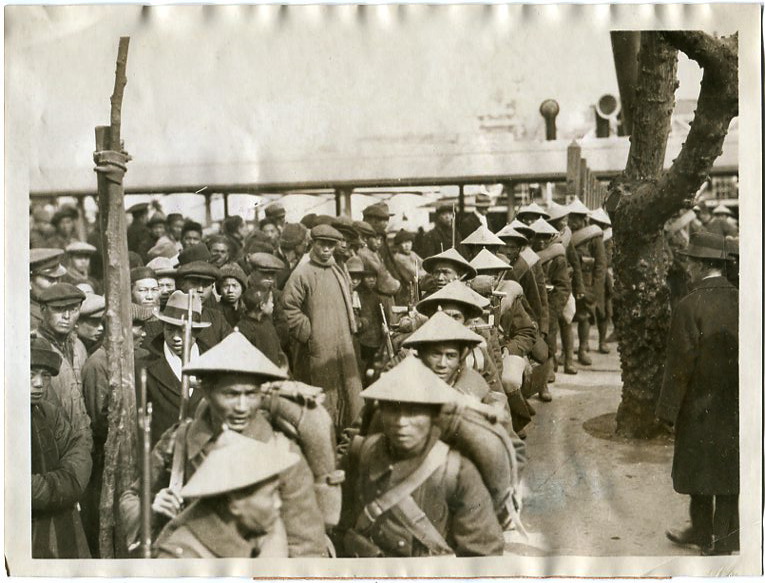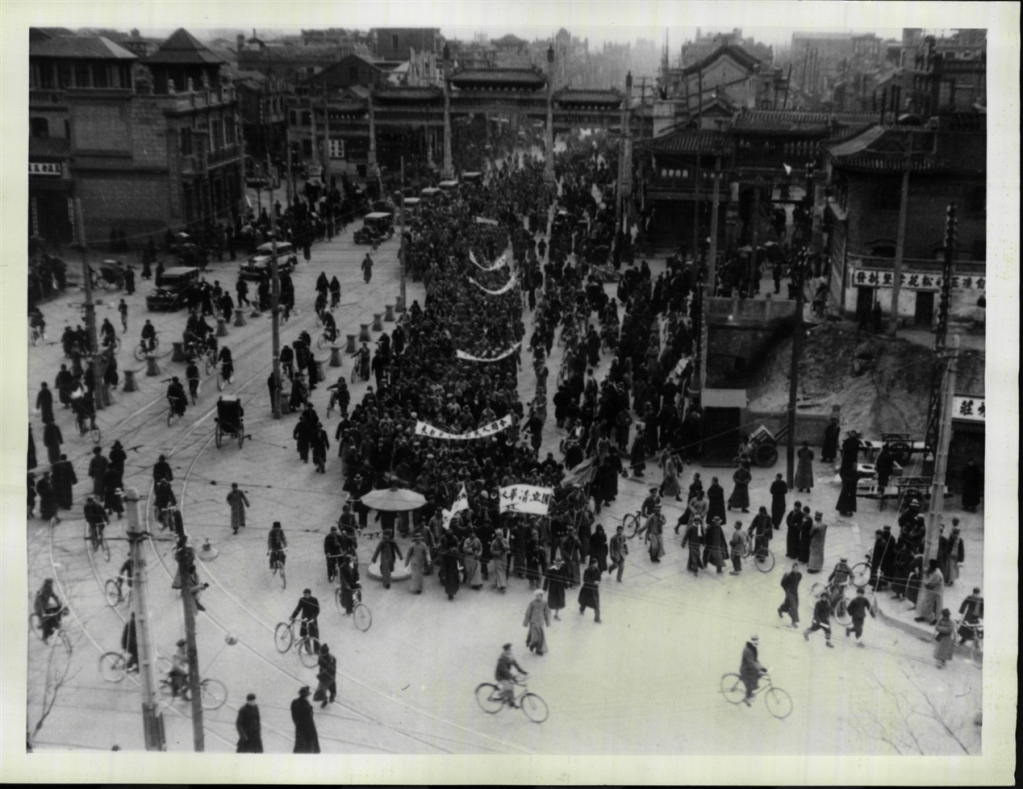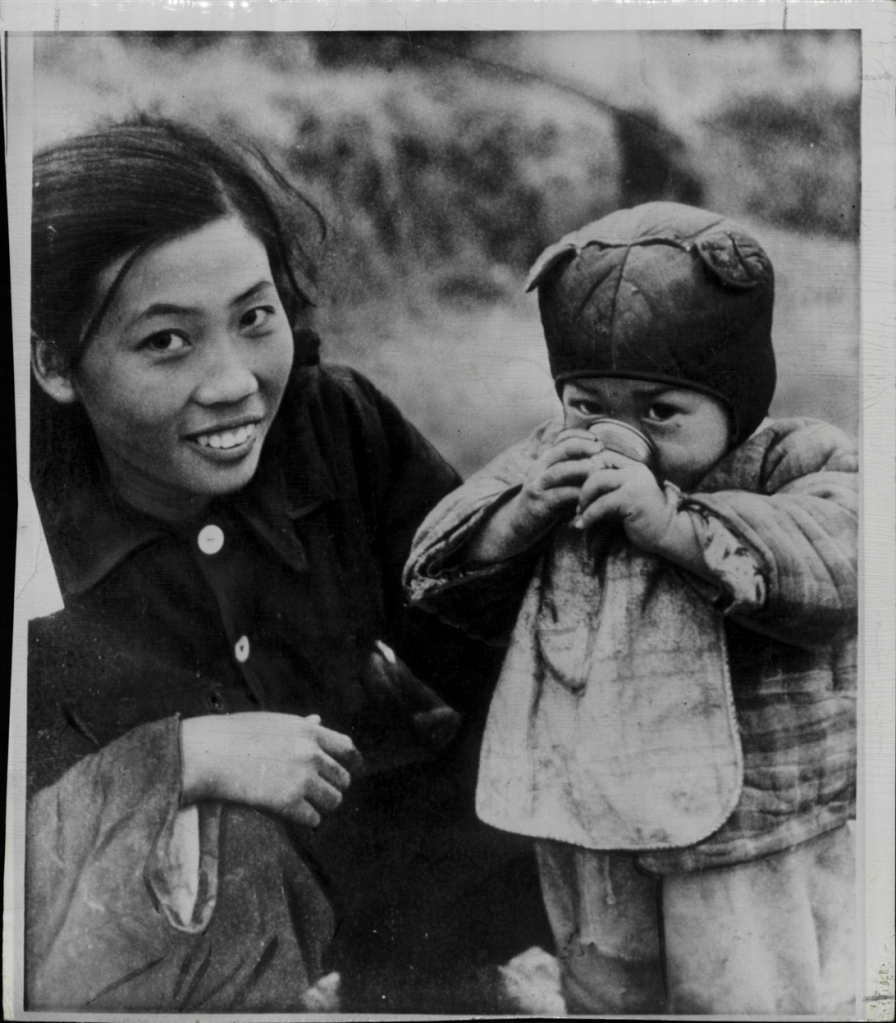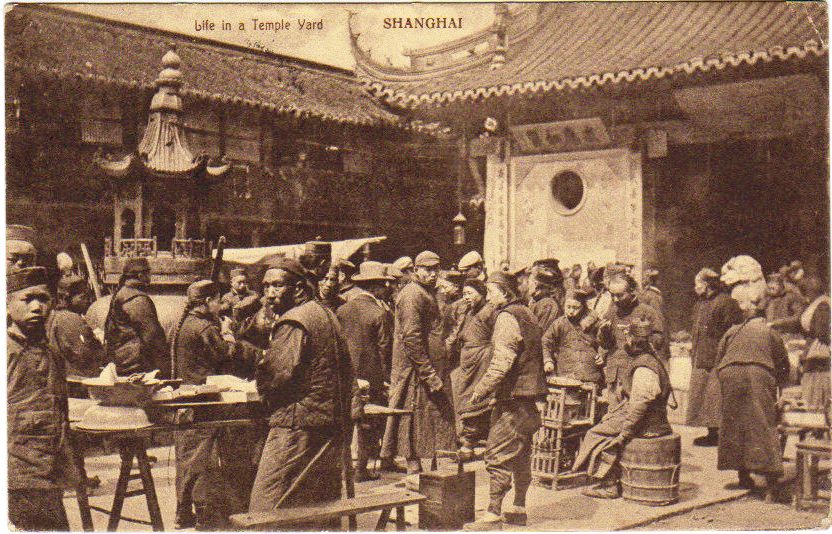On May 1, 1946 Oscar Olander, a former commissioner of the Michigan State police, entered Tokyo early on the morning of “Food May Day” as part of his mission to investigate the state of Japanese police in the defeated nation. On that day, over a million Japanese joined what was described as a “sea of red flags” to celebrate the day of labor but also make desperate calls for food and the address of other basic grievances.1 The red flags joined those of the American occupier as Olander writes in his diary,
8:03 we arrive back in Tokyo – we are greeted (?) by a gathering of hundreds of communists starting to celebrate May Day. They are singing a revolutionary song in Japanese to the tune of “Maryland my Maryland” as they wave their many American flags.”2
“Maryland my Maryland,” the state song of Maryland, is actually sung to the tune of “Lauriger Horatius” or “O Tannenbaum.” Mark Gayn, a journalist whose diary entries can be found quoted in almost every book on early postwar Japan and Korea, identifies the song more precisely in his own May 1 entry:
…the men marched briskly, singing the “Marseillaise” and the “May Day Song,” … and the “Akahata,” or the “Red Flag” with its curiously lilting tune, The people’s flag, the red flag, wraps the bodies of our dead; Before the corpses turn cold, their blood dyes the flag…3
You can listen to the song in Japanese here.
The 赤旗の歌 is the Japanese version of Irish Jim Connell’s 1889 “The Red Flag.” When one is in the mood for a blood dripping song for an internationalist revolution, I can’t think of a more powerful song. The opening verse and chorus run:
The people’s flag is deepest red,
It shrouded oft our martyr’d dead
And ere their limbs grew stiff and cold,
Their hearts’ blood dyed its ev’ry fold.
Then raise the scarlet standard high,
Within its shade we’ll live and die,
Though cowards flinch and traitors sneer,
We’ll keep the red flag flying here.
人民の旗は深紅にして、
幾度 同胞の屍を包めり。
その死屍 冷え固まらん前に
血潮は旗を染め上げぬ。
いざ赤旗を高く揚げよ、
その旗影に我ら生きて死なん。
臆病者は怯み、裏切者は嘲るも
我らここに赤旗を閃かさん。4
In terms of cultural history, this song, that here so captures the remarkable transformation witnessed on that first postwar May Day in Japan is a good example of one that has really travelled well with international revolutionary culture (beyond the well-known anthem the Internationale). Searching on inter-tubes with Mr. Google reports that it was sung at conferences of the British labor party, by Chinese communist anti-Japanese partisans as early as 1931, and that it is a popular pick in North Korean song contest and among South Korean protesters.
The Korean version of the song, 적기가 (赤旗歌), can be heard sung at the climactic close of the 2003 movie Silmido based on the events surrounding Unit 684.
Imagine the faces of Japanese police watching the protesters that day in 1946 as they listened to the song, even as their ranks were being purged, mostly, of the Special Higher Police whose very job it was to arrest and ideally convert (転向) anyone who were poisoned with such “red” thoughts. Of course, with the “reverse course” only a year or two later, at least some of the smiles of the revolutionaries would be wiped away as the force of the US occupation turned against the Communist threat.


 Above we have Vietnamese colonial troops preparing to defend Shanghai in 1927. Below we have Taiwanese soldiers on their way to the front during the war.
Above we have Vietnamese colonial troops preparing to defend Shanghai in 1927. Below we have Taiwanese soldiers on their way to the front during the war.






